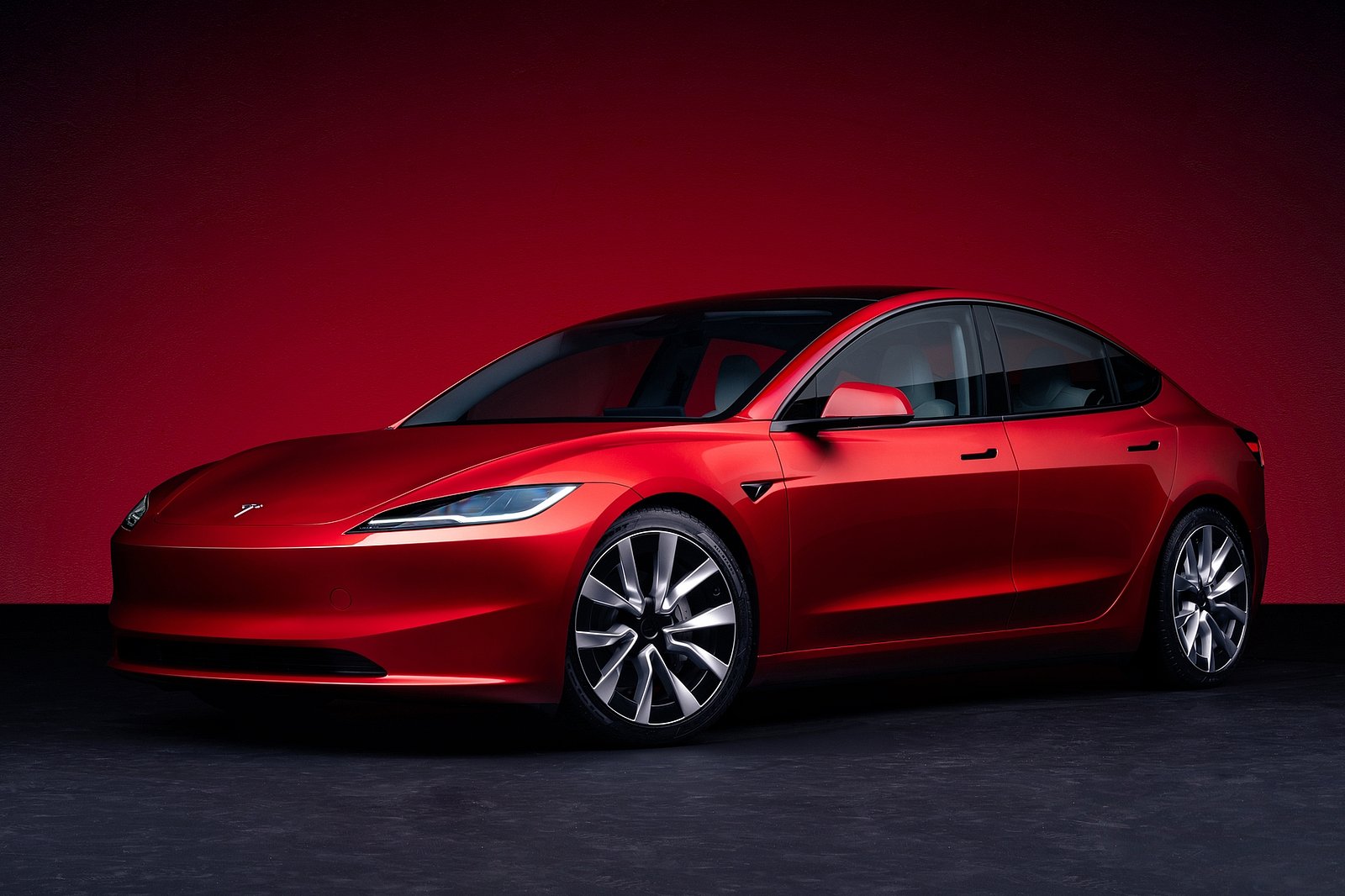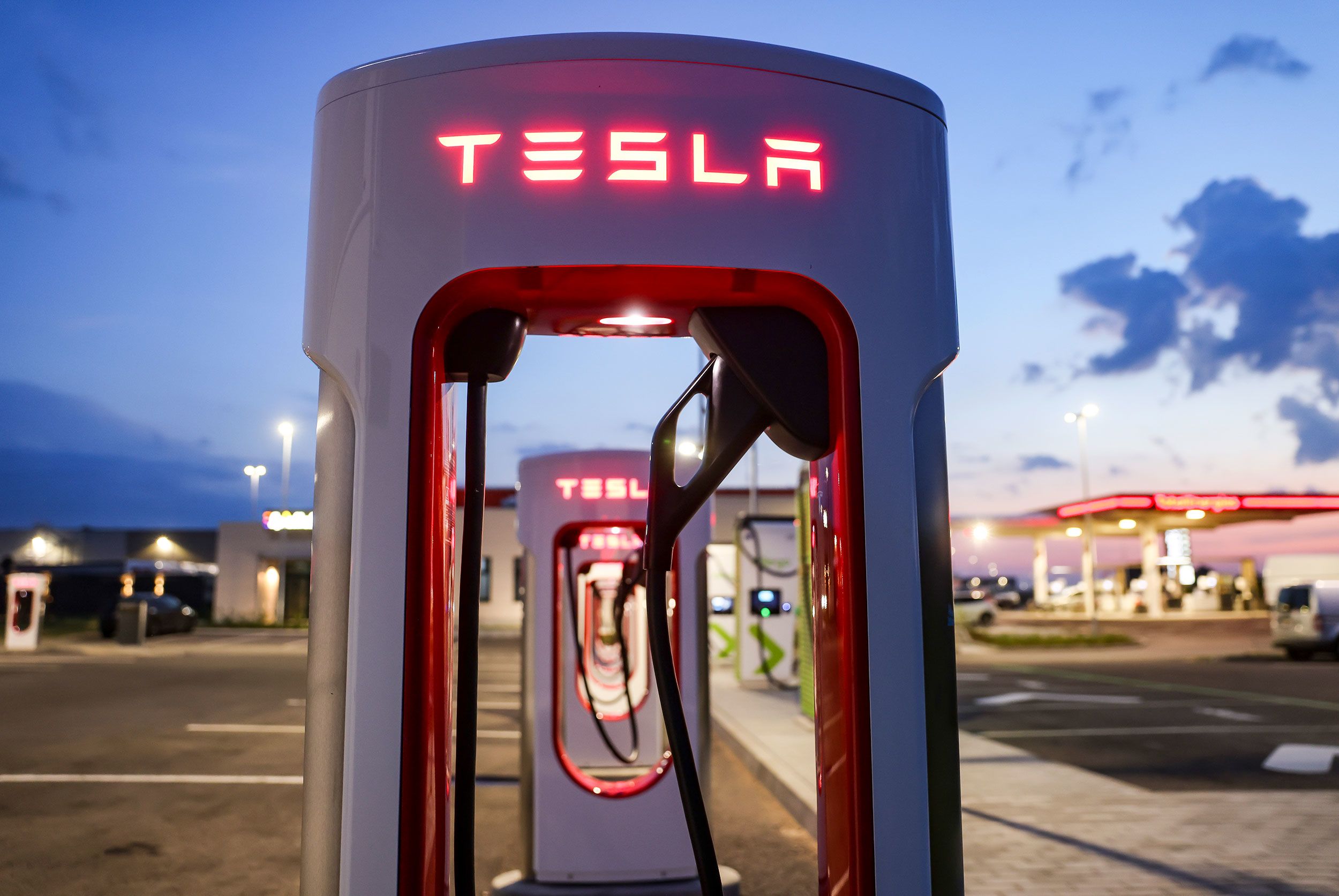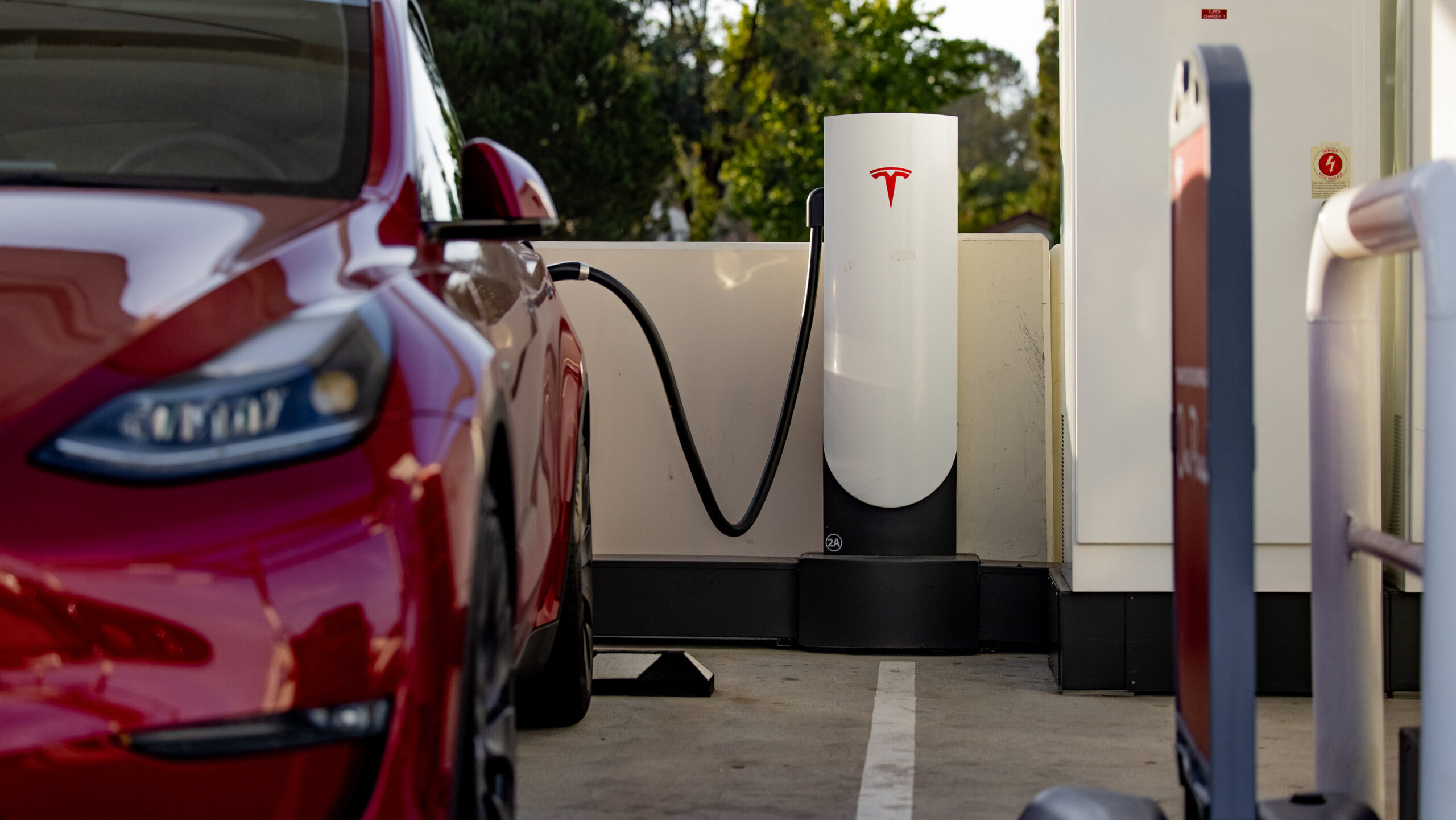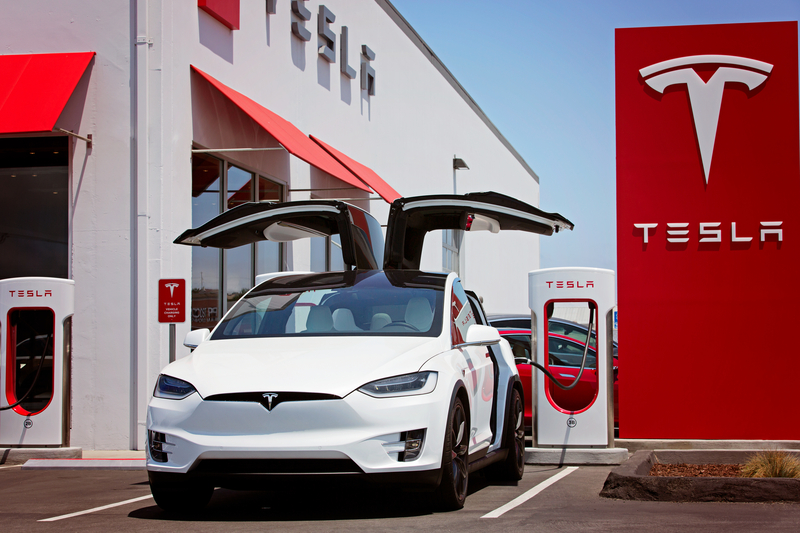This article is your complete guide to finding out the Tesla tax credits! In the rapidly evolving world of electric vehicles (EVs), Tesla is the leader in innovation and sustainability. As the top-selling EV company in the world, understanding the financial incentives is crucial to ownership. Whether you’re considering a new or used Tesla, let’s explore how these incentives can make your transition to electric driving both rewarding and cost-effective!
Here at The Energy Professor, we want to give you the information you need to not only save money on your energy bill but to also become more energy efficient. We hope find this post helpful! And makes it easier for you to know more about Tesla tax credits. Be sure to also check out our one-of-a-kind energy savings calculator!
The Energy Professor Electricity Rate Check Tool
Is There a Tesla Tax Incentive?

The federal Tesla tax credit for qualifying new Tesla purchases is $7,500 with a max MSRP of $55,000 – $80,000. However, the evolving nature of government policies means opportunities for incentives are always changing. In 2024, the Federal incentive is easier to pocket! It is no longer just a tax credit. Buyers now have the opportunity to take the $7,500 off the car at the point of sale. This is a game changer in how you can save money with the Tesla government rebate. As for Tesla state incentives and programs, your savings will depend on what state you live in.
Tesla Government Rebate
- $7,500
The Tesla government rebate is $7,500 on Teslas with an MSRP of $55,000 – $80,000 depending on the model. As part of the federal Tesla tax incentive, you must purchase your Tesla for your own use and not for resale. In addition, your modified adjusted gross income (AGI) may not exceed $300,000 for married couples filing jointly, $225,000 for heads of households, and $150,000 for all other filers.
Related Post: How Much Does a Tesla Cost?
Are There Tesla State Incentives?

Tesla state incentives will significantly vary by what state you live in. Some states offer direct rebates and tax credits, directly reducing the purchase cost or providing savings on state income taxes. Other perks include reduced registration fees and the advantage of using carpool lanes, which can lead to annual savings and more convenient travel. These incentives not only make Tesla vehicles more accessible to a wider audience.
Do Used Teslas Get Tax Credits?
While the federal tax credit typically applies to new vehicle purchases, some states have begun to extend incentives to used EVs. This means that purchasing a used Tesla could also offer financial benefits, though these incentives are less common and vary by state.
Related Post: How Long Does a Tesla Battery Last
Is There an Incentive to Buy a Tesla?

The true incentive to buy a Tesla extends into long-term savings and environmental benefits. Owners often enjoy substantial reductions in fuel costs and maintenance expenses over the lifespan of their vehicles. The potential savings from how much money you save with a Tesla can reach up to $1,000 in gas savings alone! These savings alone make Tesla not just a new car, but an investment in a sustainable future.
How Much Money Do You Save with a Tesla?
When considering how much money do you save with a Tesla, it’s important to factor in the lower cost of electricity compared to gasoline, fewer mechanical parts requiring maintenance, and the potential for tax incentives. Over several years, these savings can add up to thousands of dollars! These savings offset the initial purchase price making Tesla a great option for those looking to purchase an EV.
Related Post: Cost of Tesla VS Gas Car
Tesla Tax Credits FAQ

Q: How do I find out what Tesla state incentives are available in my area?
A: To discover the Tesla state incentives available to you, visit your state’s Department of Motor Vehicles (DMV) website or the official Tesla website, which offers a comprehensive overview of local incentives. Additionally, local Tesla showrooms can provide up-to-date information on available rebates, tax credits, and other benefits.
Q: Can Tesla’s electric vehicle tax credits be applied to leasing?
A: Yes, Tesla tax credits can sometimes be applied to leased vehicles, depending on the structure of the lease agreement. In many cases, the leasing company, as the vehicle’s owner, claims the tax credit and passes the savings on to the lessee in the form of lower monthly payments.
Q: Is it more cost-effective to buy a new Tesla or a used one considering the available incentives?
A: The cost-effectiveness of buying a new vs. used Tesla depends on various factors, including available Tesla state incentives, the Tesla tax credit, and personal driving needs. While new Teslas may qualify for more incentives, used Teslas might offer better value due to depreciation. Consider both the upfront cost and long-term savings to determine which option is best for you.
Q: What should I consider before deciding to refinance my Tesla?
A: Before deciding to refinance a Tesla, consider the current interest rates, the remaining balance on your loan, and the terms of your existing financing agreement. Refinancing can lower your monthly payments or reduce the total interest paid but may also extend the loan period. It’s advisable to consult with financial advisors or lenders to understand the implications fully.
Do you Need Cheaper Electricity?
If you’ve taken the time to understand the information on your bill and discovered you’re paying more than you’d like for your electricity, have you looked around for a cheaper deal? The Energy Professor has a wealth of information on ways to save on your utilities, including details of top deals that could significantly reduce your monthly or quarterly electricity bills.
We hope you found this article helpful! If you are looking for ways to increase energy efficiency and sustainability in your home be sure to take a look at all of the latest renewable energy options in your area. The Energy Professor helps residential and small business owners find qualified energy suppliers in New York, New Jersey, Pennsylvania, Texas, Ohio, Maryland, Illinois, and Massachusetts.


